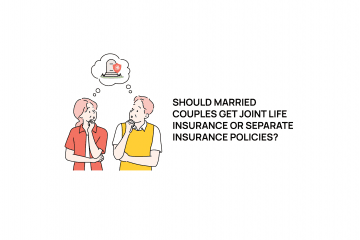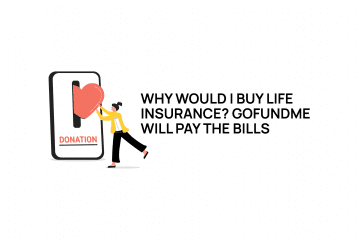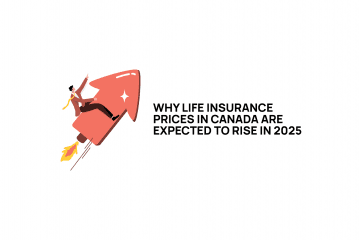We get asked this question all the time; ‘My house is paid off and I am retired, why would I keep my life insurance?’ Let’s look at a couple of reasons that someone would keep life insurance in retirement.
Reason # 1 You Need Life Insurance If You Are Retired
The first reason is that people’s last expenses continue even in retirement. Any debts such as car loans and credit lines still need to be paid off in the event that someone passes away. There is also the consideration of funeral costs. This cost alone on average runs in the $7000 $12000 range. When you add up the items that will need to be paid off after you die you may see that maintaining insurance coverage will help avoid difficult decisions for your beneficiaries that are based more on finances.
Reason # 2 You Need Life Insurance If You Are Retired
Secondly, let’s consider government benefits in retirement. The average CPP payment a person receives monthly is about $670. Old Age Security provides $613 a month. For an average family of two that means that government pensions are providing $2566 a month in income. What happens when one person dies? The CPP payment is recalculated and subject to maximums, on average the survivor’s pension is $310 and the OAS payment stops upon death. This changes the income from government pans to $1593 monthly, a drop of $973 a month. The problem in many cases is that although this income drops 38% the surviving partner’s living expenses don’t decrease at the same rate. Housing costs remain unchanged (i.e. property taxes, condo fees, rent). Maintaining insurance protection that helps soften the blow associated with this drop in government sponsored plans can again help beneficiaries make decisions based on what they want to do, not force them into things because they don’t have enough money.
Summary
Finally (for this discussion anyways) is to consider the effect that taxes can have on your estate. Have you been a great saver who has high amounts of registered savings? Did you purchase a family cottage that you want to pass on to the next generation? Did you own a business that grew from a start-up into a high revenue venture? All are great things that show sound planning and decisions during your pre-retirement years. They are also decisions that may lead to a large amount of income tax owing on your terminal tax return. Using life insurance payouts to help offset the tax owing is one of the most cost effective ways to pay the tax bill. Protect what you spent a lifetime building from the tax collector when you die.
Maintaining insurance in retirement can make sense. Make sure that you consider the implications of any changes to your insurance plan.
Please contact us if you have any additional questions about retiring and life insurance or request a quote online.




